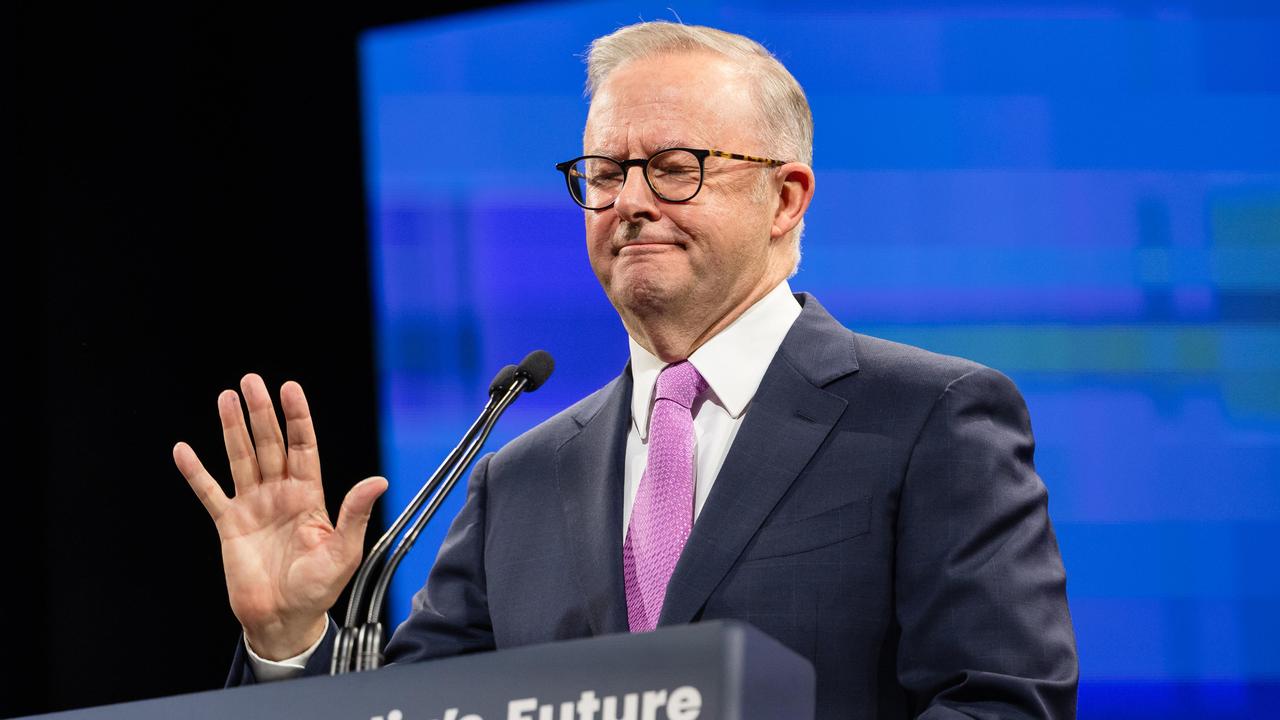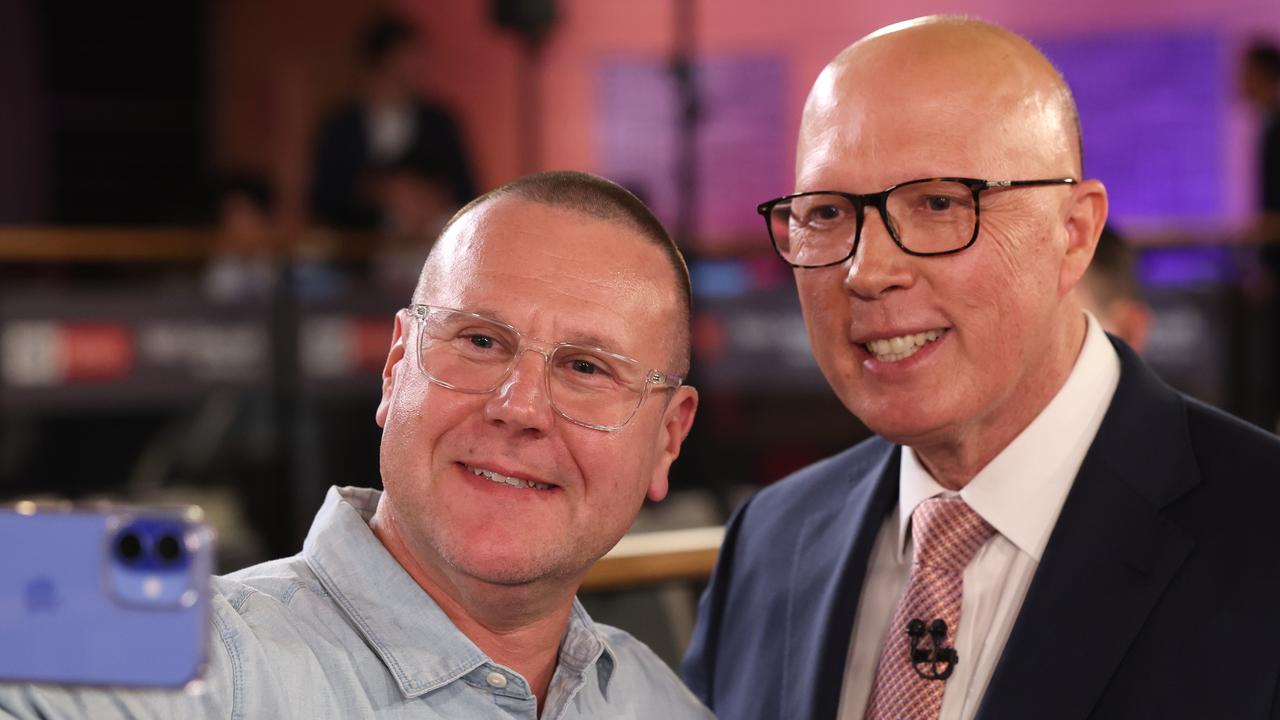James Campbell: Peter Dutton’s in with a decent chance to become our next Prime Minister
Shortly before Christmas pollsters produced a piece of research which shows exactly why, despite the size of the job in front of him, Peter Dutton may soon be leading our country.

James Campbell
Don't miss out on the headlines from James Campbell. Followed categories will be added to My News.
Shortly before Christmas the pollsters RedBridge produced a piece of research which shows better than anything I have seen, why, despite the size of the job in front of him, Peter Dutton is in with a decent chance of being Prime Minister in a few weeks’ time.
Entitled Left Right Out: How voters perceive their own politics and the relative positions of political parties in a left/right ideological space, the report is a study of how people identify themselves politically.
Pollsters are usually interested in finding out how we intend to vote and if they’ve got the budget what issues they have in the front of their mind.
They are less interested in where people see themselves on the political spectrum.
But in this case RedBridge asked them to describe whether they consider themselves slightly-or-very left-wing and progressive or slightly-or-very right- wing and conservative.
They also asked them to say whether they thought various political parties were more or less left-wing/progressive or right-wing/conservative than themselves.
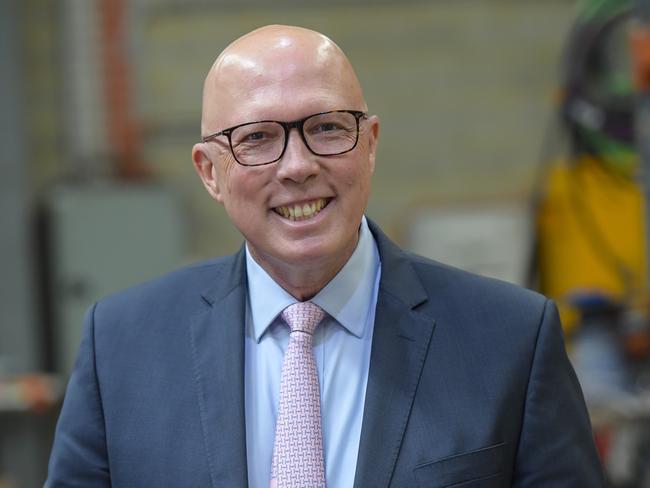
The results were fascinating and not what you might have expected.
Overall a third of voters said they think of themselves as centrists, another third right-of-centre, a quarter left-of-centre, and 13 per cent weren’t sure.
In other words there are a lot more conservatives than progressives out there.
Luckily for the ALP, despite the conservative bias of the electorate, the parties were tied when voters were asked if they thought they themselves were closer ideologically to Labor or the Coalition.
Labor was also perceived by fewer voters as being left-wing than the Coalition was seen as right-wing.
It was also seen as centrist by more voters than the Coalition.
That the ALP is seen as being less ideological probably explains why when RedBridge overlaid the results across individual seats, in 76 of them more voters thought they were closer to Labor than the Coalition and were evenly split in 23 seats.
In only 51 seats did voters lean towards the Coalition ideologically.
Unfortunately for Labor, that’s where the good news ended.
Because having identified how voters see themselves RedBridge mapped the results across individual electorates.
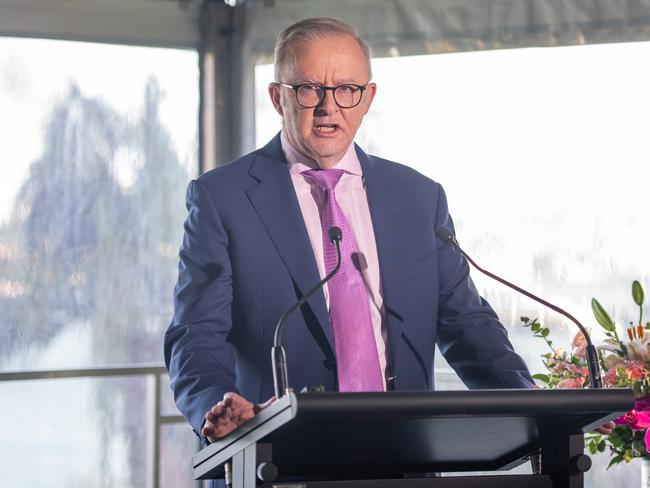
And when it did that something quickly became clear.
If you look at seats in Queensland the overwhelming majority of the incumbents are exactly who would expect them to be if people were voting according to their ideology.
In the Sunshine State there are – unsurprisingly – far more seats where people identify as conservative and the LNP and Bob Katter hold all but five of them.
It’s a very different picture in NSW and Victoria however.
In NSW Labor holds 21 seats where voters see themselves as more conservative than progressive and in some of them such as Werriwa and Paterson the bias to the right is very great indeed.
In fact in only five seats in NSW do voters consider themselves progressive with Albo’s seat of Grayndler and Tanya Plibersek’s seat of Sydney the most Leftoid of all.
The situation in Victoria is closer as you would expect in that socialist utopia.
But actually not that different.
While voters there cling closer to the centre there are actually only five seats – out of 38 – with a Left wing bias and 18 right-of-centre that Labor holds.
It’s a similar story in WA and SA.
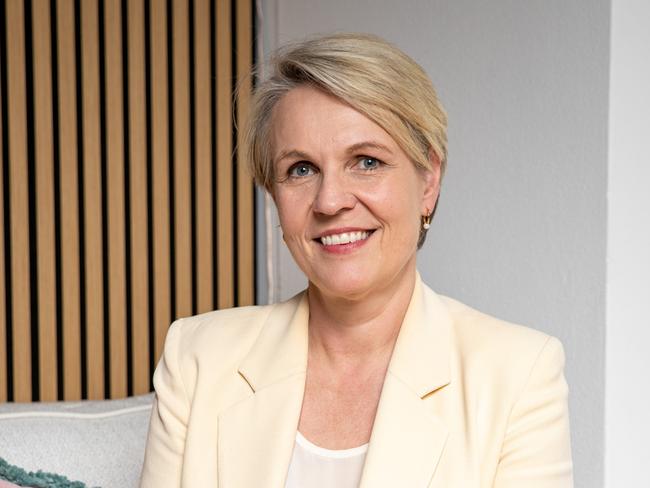
Would it surprise you to learn there’s a close relationship between how progressive or conservative an electorate’s voters perceive themselves to be and how well or badly the Voice performed?
I thought not.
The big takeaway from the report is that Labor is massively outperforming electorally for reasons which I suspect have more to do with the Liberal Party’s incompetence than anything else.
It also provides more evidence that chasing after Greens-curious left-wing voters in the inner cities would be a route to political extinction as it would put at risk the perception among its outer-suburban and regional voters that it is a centrist party.
A week after the Voice went down I joked that Liberals were staring at these piles of No votes in places they’d never heard of like dogs at a butcher’s shop window.
Because if they could be turned into votes for the Liberal Party then Labor was finished as a majority party of government.
At the time it was possible to argue that by the time voters went to the polls the Voice would be a distant memory and if the gay marriage vote showed anything it was there was no relationship between a plebiscite and a general vote.
Fifteen months later and the polls show Albo is tanking in many of the places where people thought the Voice sucked.
Reading this poll it’s hard not to conclude that in the next few weeks the Liberal Party has a once-in-a-generation opportunity to redraw the electoral map in its favour.
We’ll soon know if they are up to seizing that historic opportunity.
More Coverage
Originally published as James Campbell: Peter Dutton’s in with a decent chance to become our next Prime Minister




